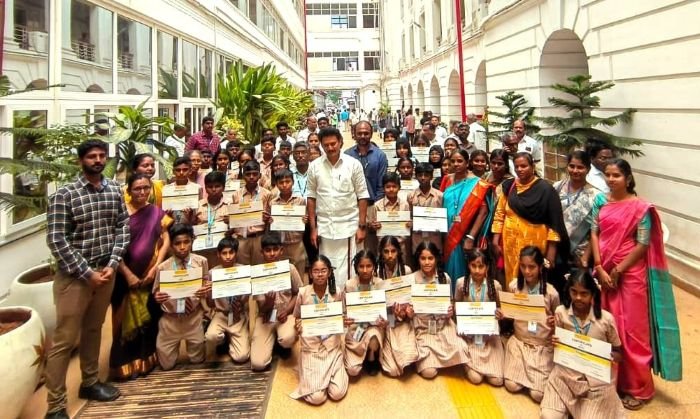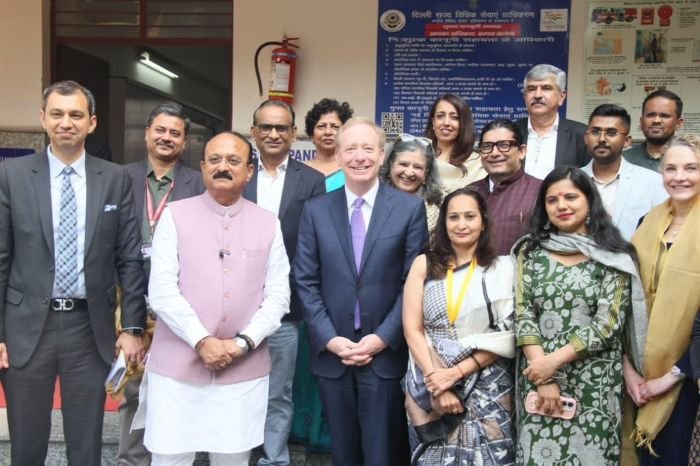A new class of policy leaders for India by equipping policy professionals with knowledge, skills, wisdom and ethics to understand, design and implement local solutions to India’s enduring policy and governance challenges may be on its way in making with the launch of the Indian School of Public Policy (ISPP) in New Delhi. To commence in next academic session, the newly launched ISPP will offer one-year, Master’s equivalent program and will be a blended design of theory, perspectives and best-practices of public policy from around the world, augmented with technical, managerial and leadership skills. The launch event on Oct 23 was attended by Gurcharan Das, public intellectual and author and an N.K. Singh, Chairperson, Fifteenth Finance Commission of India and former MP, Rajya Sabha.
The establishment of ISPP, an offshoot of Centre for Civil Society (CCS) coincides with the later completing 20 years in research and advocacy. According to Dr Parth J Shah, the ball was set rolling after his conversations with Nandan Nilekani, Co-founder and Non-Executive Chairman, Infosys; Former Chairman, Unique Identification Authority of India and Dr. Vijay Kelkar, renowned economist and educationist met with a positive response on such a concept.
Dr Parth J Shah, Member of the Governing Council, said: “ISPP is imagined as a 21st century academic institution. It will focus on excellence and deep specialization in public policy. It will be talent heavy and asset-light i.e. it will invest in students and source the very best faculty from around the world and avoid making heavy infrastructural investments. It is also the institutional successor to several years of public policy programs that our founding council have conceptualized and run in various forms in colleges and universities across the country. Across these programs we have trained 8000 students who have gone on to successful policy careers in India and the world.”
N.K. Singh in his keynote address said that such an institution can provide impetus to informed parliamentary debates and also address the area of centre-state relations in context of improving economic reforms.
Policy analysts and other professionals are increasingly in demand in think tanks, large corporations and even some civil society groups. However, if MPs were provided with a cadre of these associates, as some experts felt, it would revolutionize the public policy discourse in the country.





